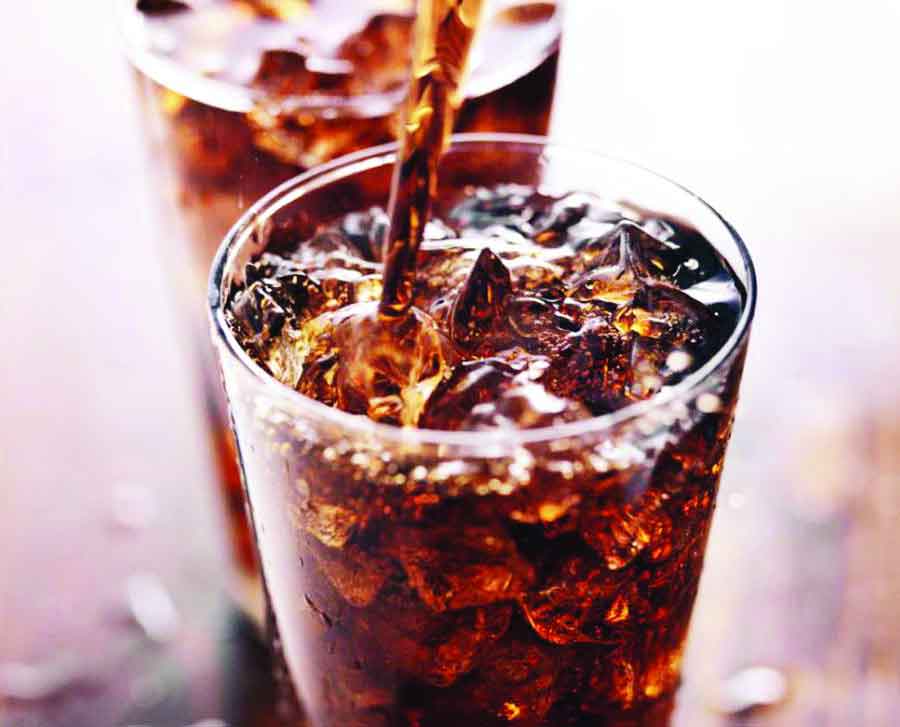Diet drinks may cause stroke
Artificially sweetened drinks are not that safe as we believe. Post-menopausal women who drink two or more diet beverages containing artificial sweeteners a day appear to be at higher risk of strokes and heart disease compared with women who have less than one drink a week, scientists said. Their study has found that women who consumed two or more artificially sweetened beverages a day were 23 per cent more likely to suffer a stroke, 31 per cent more likely to have a stroke caused by a clot, and 29 per cent more likely to develop heart diseases. The research involved tracking the health of over 81,700 post-menopausal women aged between 50 and 79 years in the US for over a decade. For instance, women without previous heart disease or diabetes who drank two or more diet beverages a day were 2.4 times more likely to suffer from a clot in the brain’s small arteries than women who had less than one drink a week.
THe RISKS FOR Sleep apnea patients
Adults with obstructive sleep apnea (OSA), who experience excessive sleepiness while awake are at greater risk for cardiovascular diseases (CVD) than those who do not experience such symptoms, says a new study. Sleep apnea is a potentially serious sleep disorder in which breathing repeatedly stops and starts. Adults with moderate to severe OSA were categorised into four subtypes according to the symptoms they report: Disturbed sleep, minimally symptomatic, moderately sleepy, and excessively sleepy. “Multiple studies from our group have shown that patients with moderate to severe OSA throughout the world can be categorised into specific subtypes based on their reported symptoms,” said Diego R Mazzotti, researcher at the University of Pennsylvania.
How virus can Fight climate change
Viruses do not always kill their microbial hosts, say researchers who found that virus-infected bacteria could thus provide help in the fight against climate change. The study showed that viruses develop a mutually beneficial relationship with their microbial hosts. The virus establishes itself inside the microbe and, in return, grants its host with immunity against similar viruses. Understanding this relationship is beneficial not only for medical research and practical applications but also in marine biology as well as climate change, said Professor Alison Buchan. “Marine microbes are uniquely responsible for carrying out processes that are essential for all of earth’s biogeochemical cycles, including many that play a role in climate change,” she said. The function of a microbial community is in large part dictated by its composition — what microbes are present and how many of each. Within the community, bacteria compete with one another for resources.


























